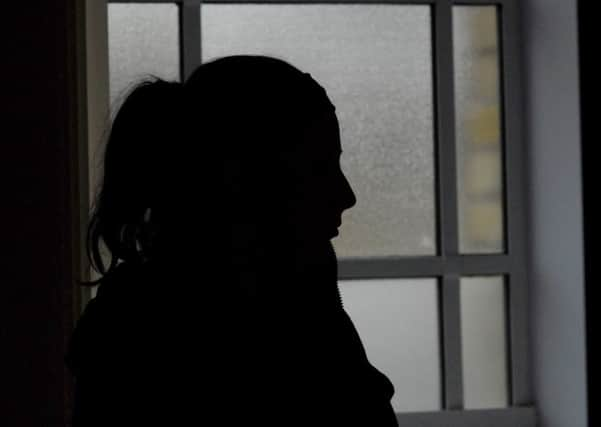Rape victims are being '˜failed' by justice system in Northamptonshire


Sexual violence charity Rape Crisis has said the figures are “extremely concerning” and says the justice system is “failing victims and survivors of rape”.
Between April and June this year, 166 rape cases reported to Northamptonshire Police.
Advertisement
Hide AdAdvertisement
Hide AdOf those, just four resulted in a suspect being charged or ordered to appear in court.
Charges were less likely for rape than other types of sexual offences in Northamptonshire, for which 7% of the 329 cases reported resulted in a suspect being charged.
In nearly 60% of rape reports, the case was closed because of lack of evidence.
Katie Russell, of Rape Crisis England and Wales, said: “These figures are extremely concerning, but reflect what we already know: that the criminal justice system is currently failing victims and survivors of rape, sexual abuse and all forms of sexual violence.
Advertisement
Hide AdAdvertisement
Hide Ad“Despite record numbers of people who have experienced these serious offences coming forward to report to the police, criminal justice outcomes are lagging far behind those for other violent crimes.
“A complete overhaul of the criminal justice system in relation to sexual offences is long overdue, as is sustainable, dedicated funding for specialist sexual violence services, to ensure victims and survivors have access to criminal and social justice.”
Across England and Wales the rate at which charges are brought in rape cases has dropped sharply in recent years. In 2014-15, 22% of cases resulted in a charge or summons to court – though the number of cases reported has also increased significantly.
The National Police Chiefs’ Council lead for adult sex offences and rape, Assistant Commissioner Martin Hewitt, said: “The police service response to the investigation of rape and sexual assault is constantly evolving.
Advertisement
Hide AdAdvertisement
Hide Ad“Significant improvements in the specialist training of officers, greater access to sexual assault referral centres, and improved crime recording practices are all aimed at supporting those who take the brave step in coming forward and improving the service they receive.”
The rate at which reports of crimes could lead to a charge were affected by many factors, including the length of time needed to investigate victims’ reports and review digital and third-party evidence, he said.
A spokeswoman for the CPS commented that fewer rape cases were referred by police last year, but 47% of those received were charged.
She said: “Rape is an extremely serious offence and there are specific challenges in prosecuting it.
Advertisement
Hide AdAdvertisement
Hide Ad“Offences typically happen in private with no witnesses and forensic evidence can often only help establish that sexual contact took place. Cases may be complicated if the people know each other, have communicated frequently by phone or social media and if drugs and alcohol are involved.
“We have worked hard in recent years to improve how we deal with rape. We’ve almost doubled the number of specialist prosecutors and trained them in understanding victim vulnerabilities, the impact of rape and issues around consent, myths and stereotypes. “